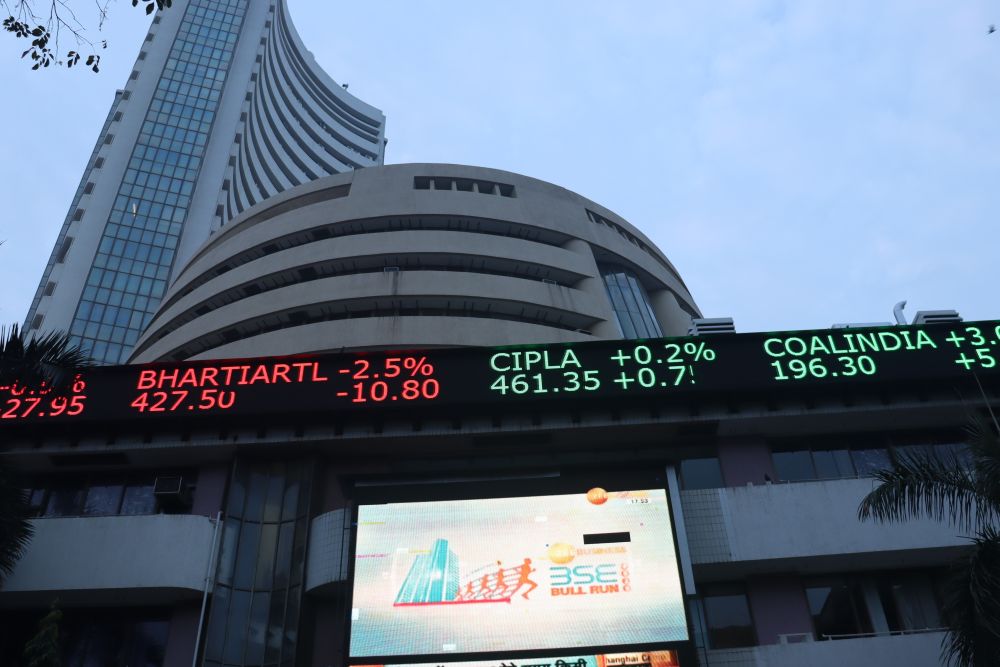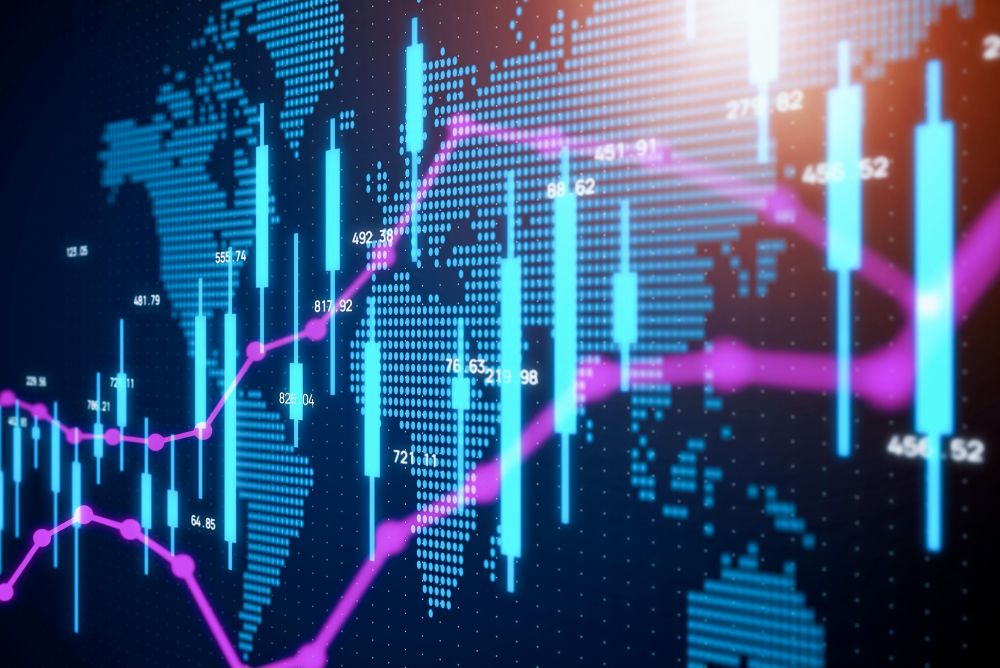The investment banking fees in the Asia-Pacific (APAC) region, outside of Japan, reached a record total of US$11.6 billion during the first half of 2020. Bucking the adverse impact of the Covid-19 pandemic on the region’s capital markets, the total represented an increase of 4.2% from the comparative period last year and marked the highest in a first-half period since records began in 2000.
Underwriting fees from debt capital market transactions accounted for 53% of the total, or US$6.2 billion, which represented a rise of 6.8% from a year ago and exceeded the record period as well last year, according to figures announced on July 3 by Refinitiv.
Primary bond offerings from issuers domiciled in Asia-Pacific reached an all-time high of US$1.5 trillion during the six-month period, a 12.3% increase from a year ago, making it the strongest semi-annual period on record. China accounted for 75% of the region’s bond proceeds worth US$1.1 trillion, up 13.3% from the first half of 2019.
South Korea and Australia bond issuances accounted for 6.6% and 5.1% of market share, respectively. Asia-Pacific investment grade bonds amounted to US$830.5 billion, and surpassed the record set in the first half of last year.
Bond offerings from government and agencies captured a 39.6% market share and raised a record US$578 billion of proceeds, up 11.4% from a year ago. The number of issuances grew 28.5% year-on-year, one of the busiest periods recorded.
The Australian Office of Financial Management issued a record US$12.2 billion bond offering in May. The financial sector accounted for a 34% market share, totalling US$496.3 billion, up 8.9% from the same period last year. This was driven by the two jumbo onshore perpetual bond issuances of Agricultural Bank of China, worth US$12 billion, and Postal Savings Bank, US$11.4 billion.
Fees from equity capital markets (ECM) recorded the biggest increase with 35.7% to US$3 billion – the highest first-half amount since 2015. Equity and equity-related issuances in Asia-Pacific, outside of Japan, recorded a five-year high, raising a total of US$135 billion worth of proceeds during the first half of 2020. This was up 26.1% from a year ago. The number of deals also went up 15.2% compared to the first half of 2019.
Initial public offerings (IPOs) amounted to US$30.1 billion, up 31.1% from the first half of 2019. This was underpinned by Chinese IPOs, which accounted for 77% of the IPO proceeds in Asia-Pacific and 40.4% worldwide.
Beijing-Shanghai High Speed Railway raised US$4.4 billion from an IPO in January, making it the biggest IPO globally for the first half of 2020. Follow-on offerings witnessed a five-year high as proceeds grew 67.8% compared with a year ago, raising US$83.7 billion during the first half of the year.
Reliance Industries priced its US$7 billion rights offering in June, the biggest ECM offering in Asia-Pacific in the first half of 2020. The deal is also currently India’s largest-ever ECM transaction, surpassing the previous record from ICICI Bank’s US$4.6 billion follow-on offering in June 2007.
Asia-Pacific convertible bonds fell 38% to US$21.2 billion after posting a record first-half in 2019. The healthcare sector saw the highest equity capital raising so far this year with US$18.1 billion, or more than double the proceeds raised from a year ago, and accounted for a 13.4% market share. Financials and industrials followed behind with 13.3% and 11.7% market share, respectively.
Fees generated from completed M&A transactions, on the other hand, fell to a six-year low amounting to US$1.2 billion, down 22.8% from the first half of 2019. The value of announced M&A deals involving Asia-Pacific companies, excluding Japan, stood at US$352.3 billion during the first six months of 2020. This represented a decline of 14.5% from a year earlier, making it the lowest first-half period since 2013.
The number of announced deals plummeted to a six-year low, falling 14.9% from the first six months of 2019. The majority of the deal-making activity involving Asia-Pacific targeted the real estate sector, which accounted for 15.3% market share worth US$53.8 billion, down 33.3% from the previous year. Financials and industrials followed behind and accounted for 15.1% and 13.9% market share, respectively.
The pending acquisition by the Charoen Pokphand (CP) Group of Tesco’s operations in Thailand for US$9.9 billion is currently the largest deal in Asia-Pacific and the biggest-ever M&A deal on record that involves Thailand. In addition, CP Group also agreed to acquire the entire share capital of Tesco Stores (Malaysia) for US$700 million.
Meanwhile, the underwriting fees from syndicated loans declined 23.8% from a year ago and reached US$1.2 billion in the first half of 2020.
Among banks, Bank of China topped the league table in terms of generating the biggest amount of investment banking fees during the first half of 2020 with a total of US$591.2 million, which represented a year-on-year drop of 6.4%. The bank was followed by CITIC with US$564.3 million (up 6.1%), Industrial and Commercial Bank of China US$381.4 million (down 19.6%), Morgan Stanley US$334.9 million (up 34.2%), and Credit Suisse US$329.2 million (up 6%).









